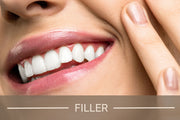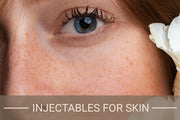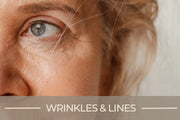Does Anything Make Botox Wear Off Faster?
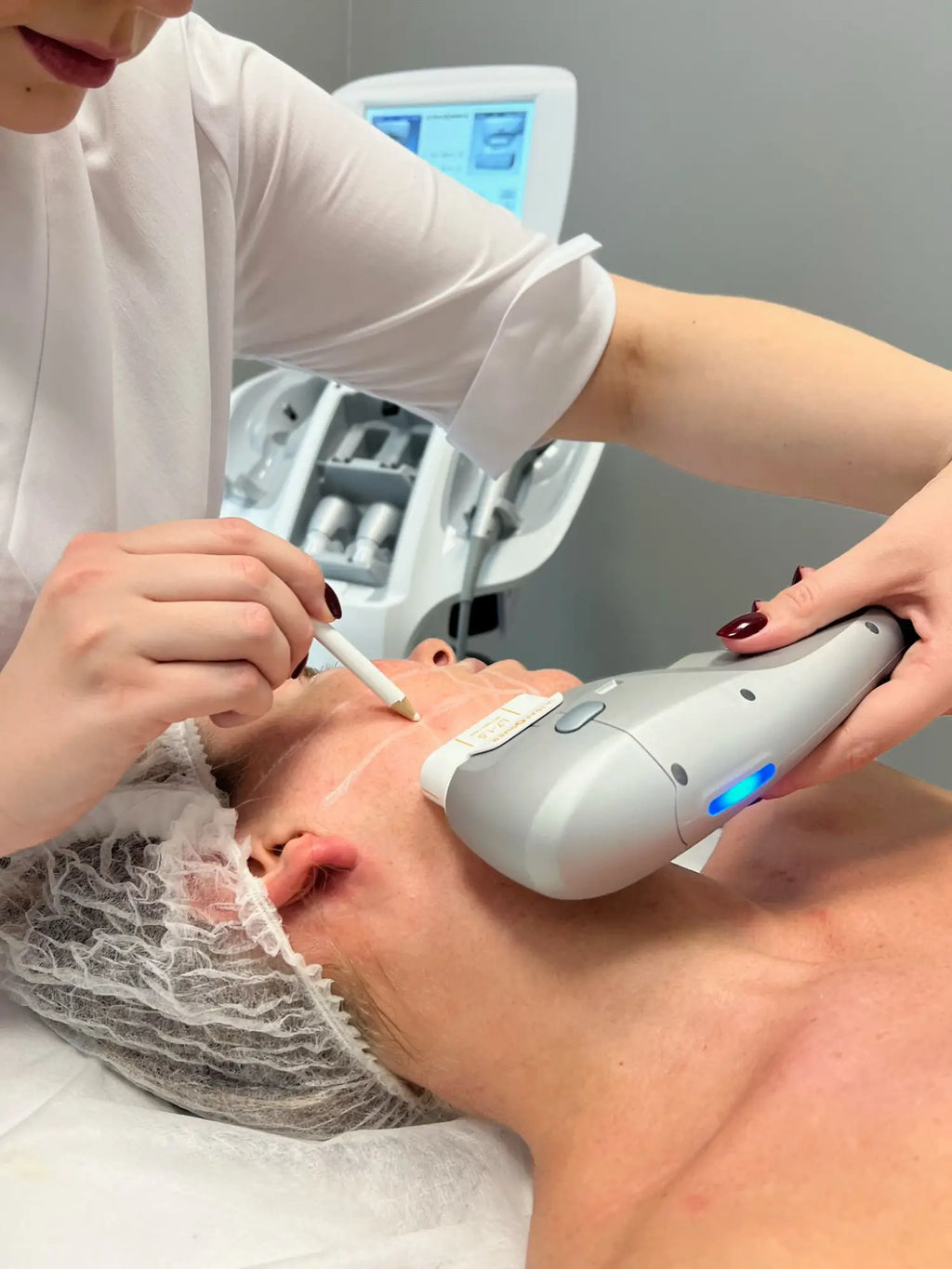
Content Verification

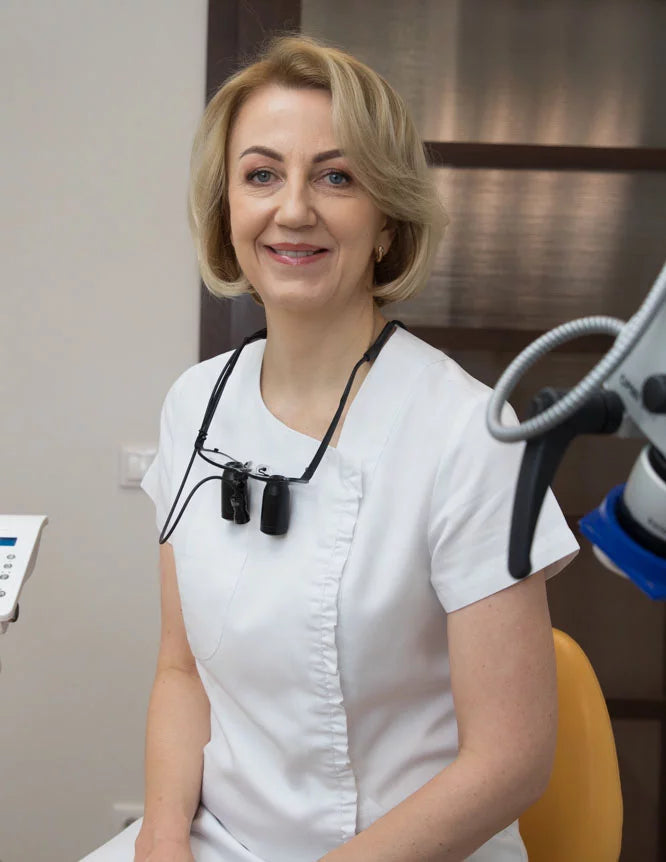

🔍 Quick Summary 🔍
- 💨 Botox can wear off faster due to metabolism, exercise, and stress. 🏃♀️
- ⚡ High metabolic rates may break down Botox more quickly. ⏳
- 🍷 Avoid excessive sun exposure and alcohol for longer-lasting results. ☀️
- ✨ Touch-ups can help maintain results for a smoother look. 💉
💡 Expert Advice & Tips 💡
- 🥗 Stay hydrated and eat a balanced diet to support your skin. 💦
- 🚫 Avoid rubbing the treated area for at least 24 hours post-Botox. ⏳
- ✔️ Follow your practitioner's aftercare instructions for best results. 📜
- 🤝 Consider a consultation to determine the best approach for your needs. 🩺
Botox treatments are a leading solution for reducing the appearance of wrinkles and fine lines, offering a refreshed, youthful look. Popular across the UK, including Botox treatments in London, these anti-ageing procedures involve injecting small amounts of botulinum toxin to relax targeted muscles. While Botox anti-wrinkle injections are highly effective, some factors may cause the effects to wear off faster than expected.
Understanding these factors is essential to maximise the benefits of Botox for wrinkles and prolong the results. This article delves into the reasons Botox may wear off sooner, offering expert insights and actionable tips. By the end, you’ll be equipped with the knowledge to make informed decisions and maintain the long-lasting effects of your Botox anti-ageing treatments. Looking for more tips on proper aftercare? Don’t miss our parent article: Botox Injections Aftercare.
What is Botox, and How Does It Work?
Botox anti-wrinkle injections are among the most widely used non-surgical cosmetic procedures globally. They are designed to temporarily reduce the appearance of fine lines and wrinkles, offering a smoother, more youthful complexion.
Botox treatments involve injecting small amounts of botulinum toxin into targeted muscles. This blocks nerve signals to the muscles, causing them to relax and reduce activity. As a result, the overlying skin appears smoother, minimising wrinkles and fine lines. These effects typically last for several months before gradually wearing off.
Common uses of Botox anti-ageing treatments include addressing crow’s feet around the eyes, forehead wrinkles, and frown lines between the eyebrows. While Botox for wrinkles is highly effective, its results depend on factors such as the injection technique, dosage, and individual muscle activity.
How Long Does Botox Usually Last?
The effects of Botox treatments typically last between three and six months. This duration varies depending on individual factors such as metabolism, muscle activity, and lifestyle choices. While the initial results are visible within a few days, the full effects of Botox anti-wrinkle injections usually peak around two weeks after treatment.
Variations in Botox longevity often stem from differences in how each person’s body metabolises the product. Some individuals naturally break down Botox faster, especially if they have a faster metabolism or stronger muscle activity in the treated areas. Additionally, factors like age, skin type, and the specific area treated can influence how long the effects last.
Proper aftercare is essential to prolonging the benefits of Botox anti-ageing treatments. Following post-treatment guidelines—such as avoiding heat, alcohol, and excessive physical activity—can help maintain results for longer. For detailed advice, see our parent article: Botox Injections Aftercare.
Factors That May Make Botox Wear Off Faster
Several factors can influence how long Botox treatments remain effective. Understanding these factors can help individuals make informed decisions and maintain optimal results. Below are six key reasons Botox effects may diminish faster than expected.
Individual Metabolism
Metabolism plays a significant role in how long Botox anti-wrinkle injections last. People with faster metabolisms may break down the injected botulinum toxin more quickly, reducing its longevity.
Dr. Laura Geige, Medical Director and Senior Practitioner from It’s Me & You Clinic, explains: "Metabolism affects the breakdown of Botox in the body. Individuals with a high metabolic rate often experience shorter-lasting results. While this is a natural process, working with an experienced practitioner can help adjust the dosage or treatment plan for better outcomes."
Metabolism varies from person to person and cannot be controlled entirely. However, maintaining a healthy lifestyle and avoiding practices that overstimulate your metabolism may help extend the effects of Botox anti-ageing treatments.
High Physical Activity
Frequent and intense physical exercise is another factor that may cause Botox to wear off faster. Active individuals may notice that their results do not last as long, especially if they engage in high-impact or cardio-intensive workouts.
Dr. Snieguole Geige, Dentist and Medical Doctor, advises: "While exercise is beneficial for overall health, it can increase blood flow and metabolic activity, accelerating the breakdown of Botox. Patients may benefit from moderating their exercise routines immediately after treatment to preserve results."
Although exercise is essential, consulting your practitioner for guidance on timing and post-treatment care can help minimise its impact on your Botox treatments.
Muscle Strength and Activity
Strong, highly active muscles in treated areas can also reduce the longevity of Botox anti-wrinkle injections. This is especially common in areas with frequent muscle use, such as the forehead or around the eyes.
Stronger muscles may require higher doses of Botox to achieve the desired effect. Individuals with these muscle characteristics may experience faster breakdown of the treatment, requiring more frequent touch-ups.
To address this, practitioners often tailor the dosage and injection technique to suit individual needs, ensuring optimal results for Botox for wrinkles.
Frequency of Botox Injections
Overusing Botox treatments or scheduling injections too frequently can reduce their effectiveness over time. The body may develop a tolerance, or the muscles may adapt, leading to diminished results.
Spacing treatments appropriately allows the body to respond effectively to each session. Most experts recommend waiting at least three to four months between sessions to ensure the best outcomes. Discussing a personalised treatment plan with your practitioner can help prevent overuse while achieving long-term success.
Lifestyle Factors
Lifestyle choices such as smoking, alcohol consumption, and stress can significantly impact the longevity of Botox anti-ageing treatments. These factors can accelerate skin ageing and interfere with how the body processes Botox.
Dr. Giedre Narkiene, a specialist in dermatology, advises: "Smoking, excessive alcohol, and unmanaged stress can weaken the skin and reduce Botox’s effectiveness. Adopting a healthier lifestyle, including proper skincare and stress management, is key to prolonging results."
Making positive changes, such as staying hydrated, eating a balanced diet, and using high-quality skincare products, can enhance the benefits of Botox treatments in London and elsewhere.
Improper Aftercare
Post-treatment care is crucial to ensuring the effectiveness of Botox for wrinkles. Common mistakes, such as rubbing the treated area, exposing it to heat, or lying down immediately after treatment, can reduce the treatment’s longevity.
Following expert aftercare guidelines—such as those detailed in our parent article, Botox Injections Aftercare—is essential to avoid unnecessary complications. Proper care can help maximise results and extend the benefits of your Botox treatments.
How to Make Botox Last Longer
Maximising the longevity of Botox anti-wrinkle injections involves adopting healthy habits and following expert advice. While Botox naturally wears off over time, certain practices can help extend its effects and maintain smoother, younger-looking skin for longer.
Adopt Healthy Lifestyle Habits
Healthy habits play a significant role in enhancing the results of Botox treatments. Avoiding smoking and excessive alcohol consumption can slow the skin’s ageing process and improve overall skin health. Staying hydrated and eating a balanced diet rich in antioxidants can also support the skin and muscles, contributing to prolonged Botox effects.
Additionally, stress management techniques such as mindfulness or regular relaxation can prevent unnecessary strain on facial muscles, helping to maintain your Botox anti-ageing treatments longer.
Follow a Proper Skincare Routine
A consistent skincare routine is essential to maximise the benefits of Botox for wrinkles. Use a gentle cleanser, apply high-quality moisturisers, and incorporate sunscreen into your daily regimen to protect your skin from UV damage. Sunscreen is particularly important, as sun exposure accelerates skin ageing, which may diminish the visible results of Botox.
Including retinol or hyaluronic acid-based products, as recommended by your dermatologist, can further support your skin's health and improve treatment outcomes.
Time Your Follow-Up Treatments Carefully
Scheduling follow-up Botox treatments at the right intervals is key to maintaining consistent results. Over-treating can reduce the body’s response to Botox, while waiting too long between sessions can allow wrinkles to return fully.
Consult your practitioner to establish a treatment schedule tailored to your needs. Most patients benefit from repeat Botox anti-ageing treatments every three to six months, depending on their individual response.
Choose an Experienced Practitioner
Selecting a skilled and experienced practitioner is critical to achieving optimal results. A qualified professional will understand your unique facial anatomy and customise your Botox injections for the best possible outcome.
Dr. Laura Geige advises: "The success of Botox treatments relies heavily on the expertise of the practitioner. Patients should always choose experienced professionals who use approved techniques and products to ensure both safety and effectiveness."
For those seeking Botox treatments in London or elsewhere, researching practitioners and reading reviews can help you find the right specialist. A professional approach not only ensures better results but also reduces the risk of complications.
Common Myths about Botox Longevity
Many misconceptions exist about what causes Botox to wear off faster. Debunking these myths is essential to help patients make informed decisions and understand the true factors influencing their results. Below, we address some common myths and provide evidence-based clarifications.
Myth 1: Botox Results Stop Working if You Exercise
While intense physical activity can slightly accelerate Botox breakdown, it does not completely negate its effects. Some believe that exercise immediately nullifies Botox treatments, but this is not supported by evidence.
Dr. Snieguole Geige explains: "Exercise increases blood flow and metabolic activity, which may shorten Botox longevity slightly. However, moderate exercise and maintaining an active lifestyle do not cancel out the effects altogether."
Patients can safely resume exercise after the initial recovery period, as guided by their practitioner. Proper aftercare remains the most important factor in preserving Botox results.
Myth 2: Drinking Water Extends Botox Results
Hydration is crucial for overall skin health, but it does not directly affect how long Botox lasts. Some believe that drinking excessive amounts of water can make Botox results last longer, but this is a misconception.
While staying hydrated supports the skin’s elasticity and appearance, the longevity of Botox anti-wrinkle injections depends on metabolic and muscular factors rather than water intake alone. Maintaining hydration as part of a healthy lifestyle is still beneficial for complementing treatment outcomes.
Myth 3: Botox Stops Working Over Time
Another common myth is that Botox treatments lose effectiveness with repeated use. While overuse or improper treatment techniques can diminish results, most patients experience consistent outcomes when treated by an experienced practitioner.
Dr. Laura Geige advises: "Botox does not lose effectiveness over time if administered properly. Consistent results depend on correct dosage and timing, as well as the patient’s unique physiology."
Patients can work closely with their practitioners to optimise their treatment plans, ensuring effective and long-lasting results.
Myth 4: Cheaper Botox is Just as Good
It is a misconception that all Botox treatments are equal regardless of cost. Opting for cheaper treatments may compromise the quality of the product or the practitioner’s expertise, leading to suboptimal results or increased risks.
Always prioritise safety and efficacy by choosing qualified practitioners who use approved products and techniques. Researching reviews and asking about credentials can help ensure you receive the best care for Botox anti-ageing treatments.
When to Consult a Professional
Knowing when to seek professional advice is key to maintaining optimal results from Botox treatments. Whether you’re considering follow-up injections or exploring alternative anti-wrinkle solutions, timely consultation ensures your treatment aligns with your goals and needs.
Signs You May Need Follow-Up Botox Treatments
The gradual fading of Botox effects is natural, typically occurring three to six months after treatment. If you notice the reappearance of wrinkles or reduced smoothness in the treated areas, it may be time to schedule a follow-up appointment.
Other signs include:
- Uneven results or asymmetry.
- Persistent muscle activity in treated areas.
- Reduced effectiveness of Botox in previously treated regions.
It’s essential to consult a qualified practitioner to assess your condition and recommend the appropriate next steps.
Exploring Alternative Anti-Wrinkle Solutions
If Botox anti-wrinkle injections no longer deliver the desired results or you’re seeking complementary options, a professional can guide you. Alternatives may include dermal fillers, advanced skincare regimens, or other non-surgical treatments tailored to your needs.
Discussing these options with a dermatologist or medical practitioner ensures you receive a personalised plan based on your facial anatomy and skin health.
Finding “Botox Near Me” from Qualified Practitioners
Choosing an experienced and qualified practitioner is crucial for achieving safe and effective results. When searching for Botox treatments in London or elsewhere, consider the following tips:
- Verify credentials and certifications.
- Read patient reviews and testimonials.
- Ask about the practitioner’s experience with Botox for wrinkles.
- Ensure they use approved products and techniques.
The Bottom Line
Understanding the factors that influence Botox longevity is essential for maintaining optimal results. Individual metabolism, lifestyle habits, and proper aftercare all play a crucial role in extending the effects of Botox anti-wrinkle injections. Following expert advice, adopting healthy habits, and consulting experienced practitioners can help maximise your results. For personalised recommendations and tailored treatment plans, always consult a qualified professional. By doing so, you can enjoy smoother, younger-looking skin with confidence and peace of mind.
Disclaimer: This article is for informational purposes only. Always seek independent medical advice or consult your doctor before starting any treatment.
